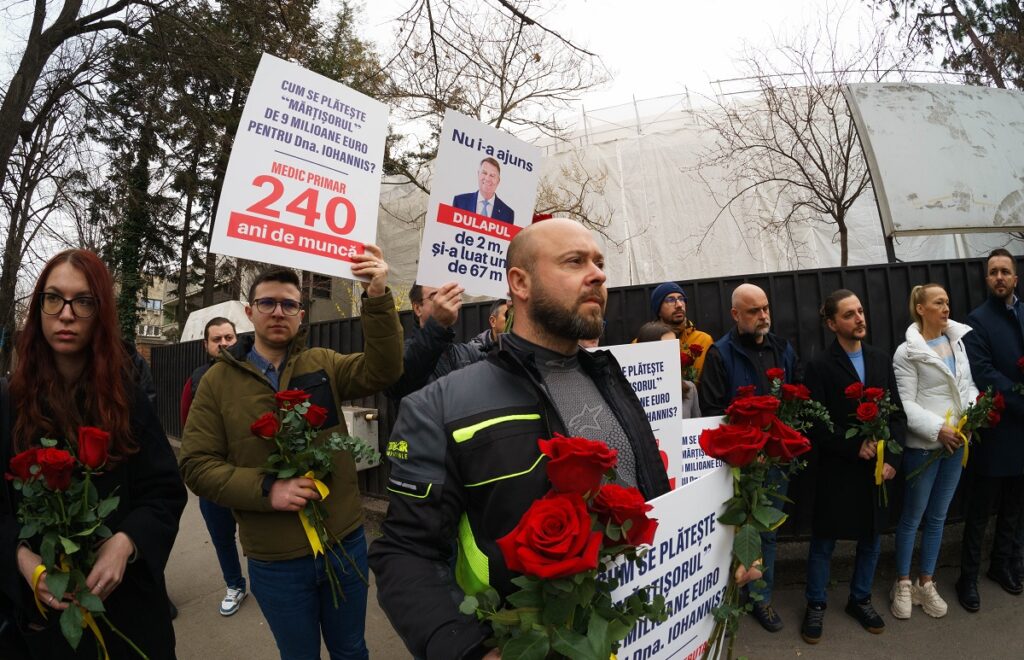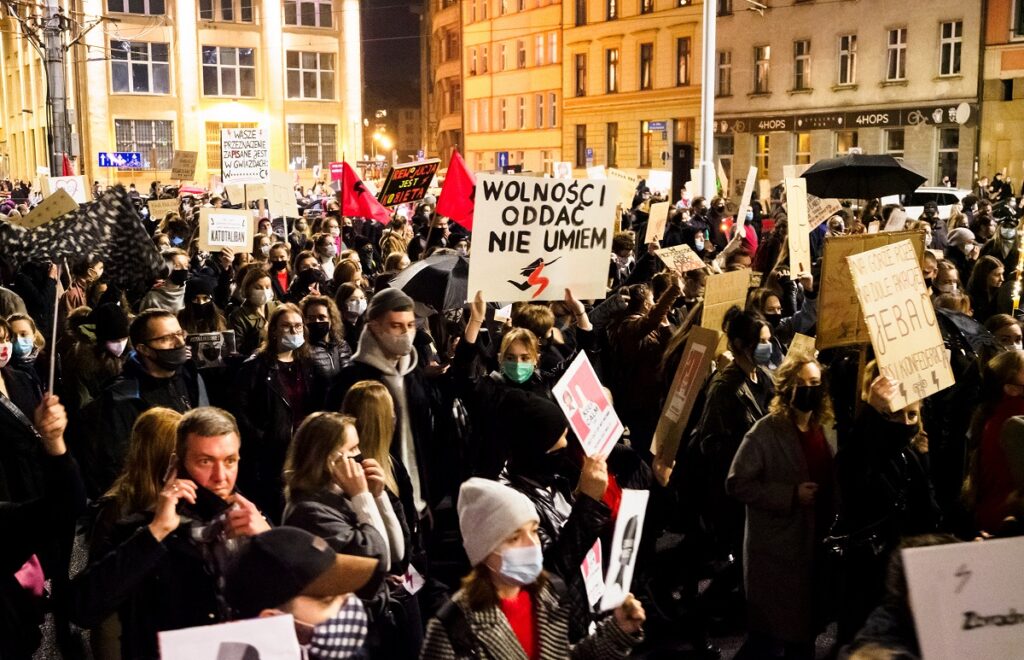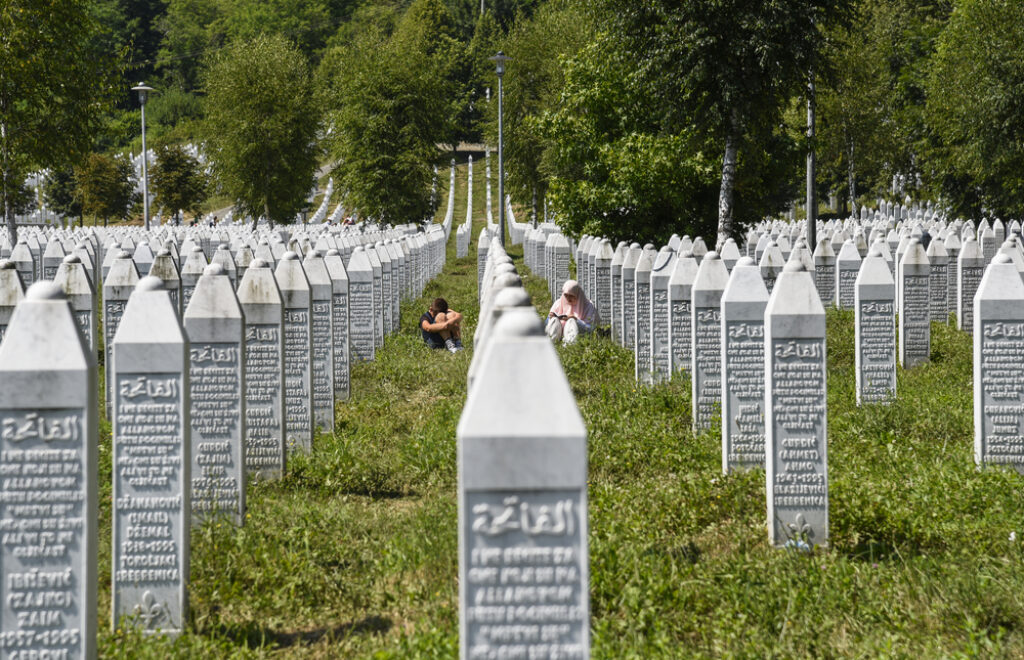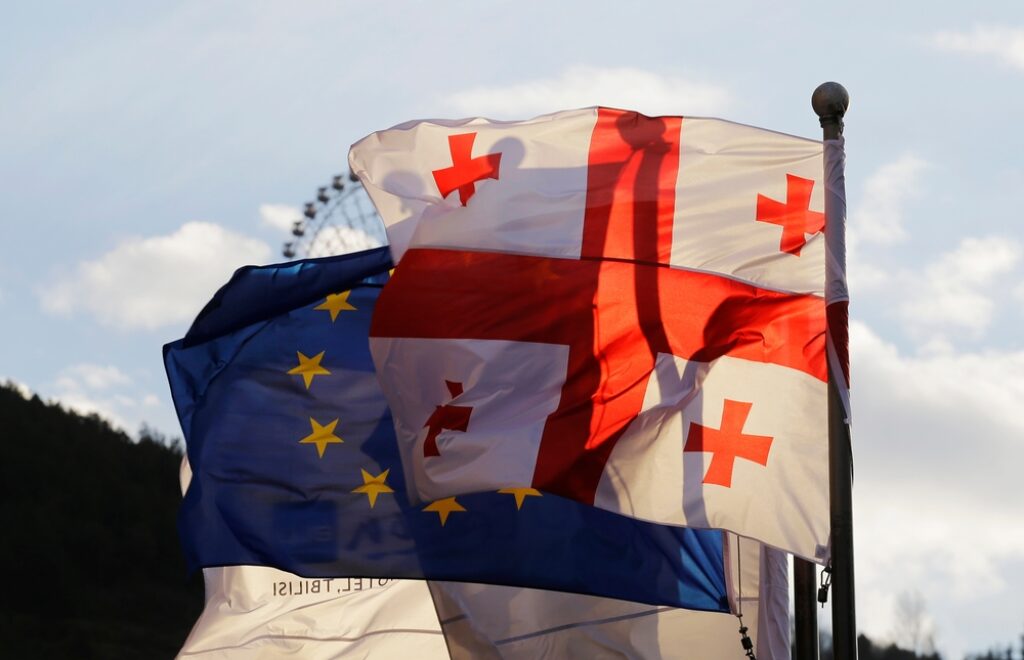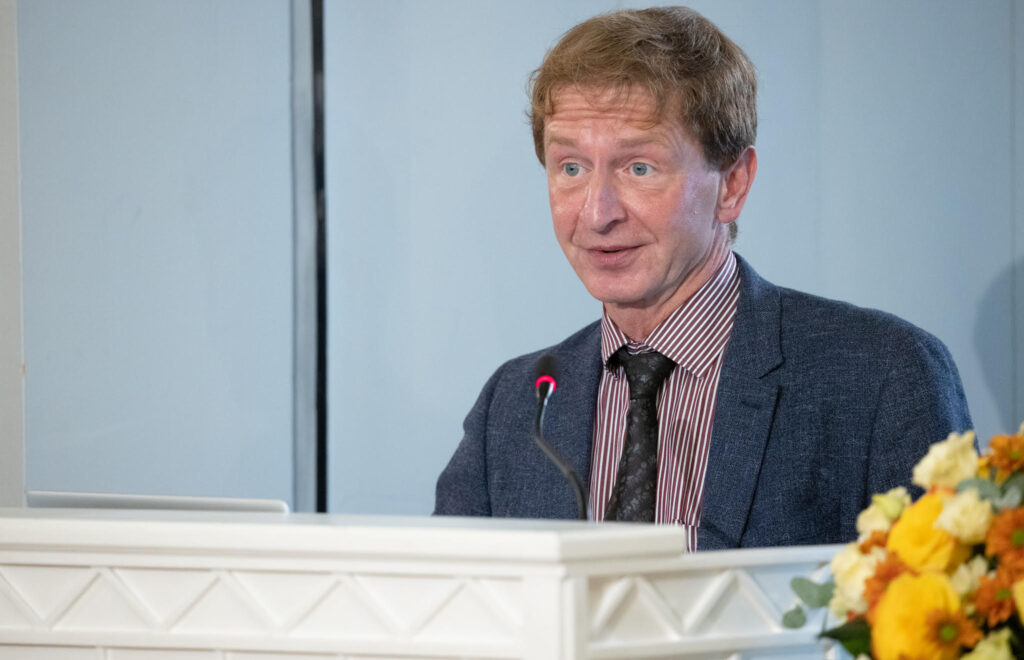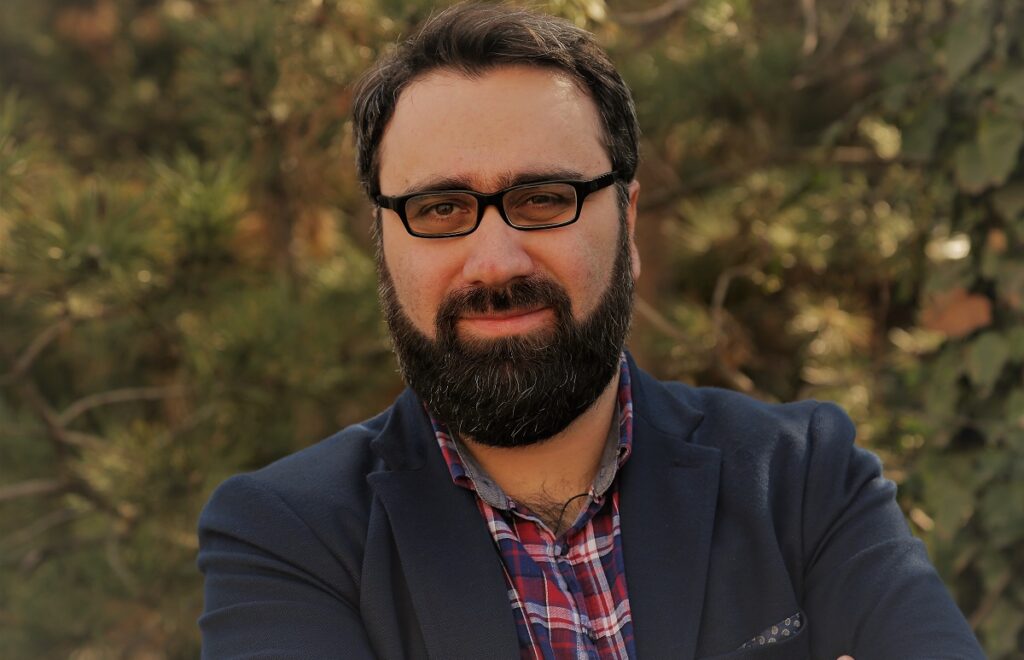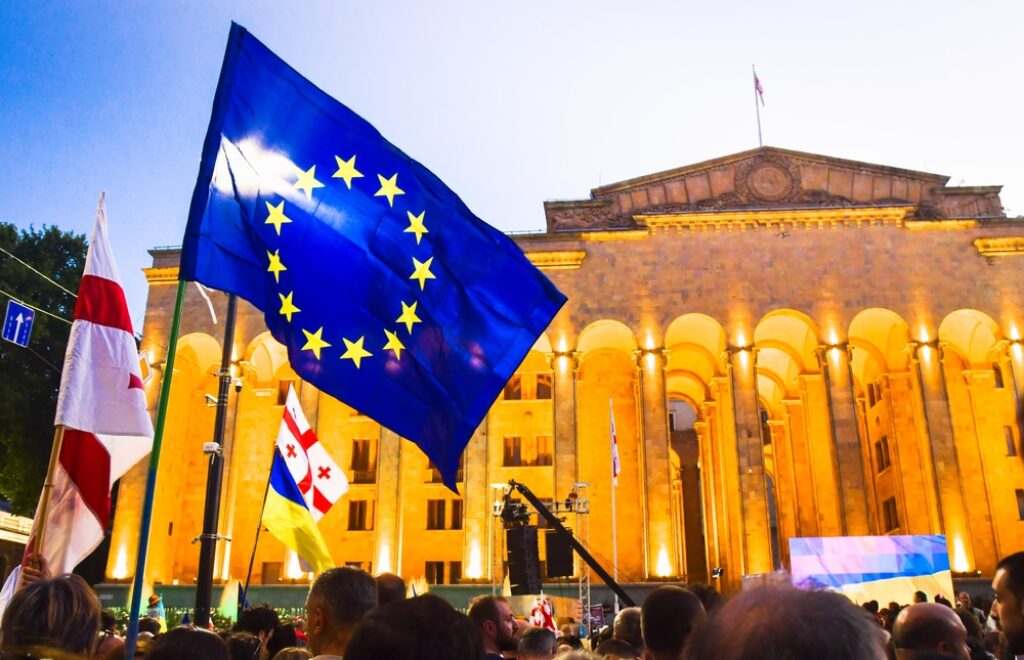Ivanishvili’s third coming. Georgian democracy ahead of elections
Georgia, a country whose democratic system has been shaken lately, is now facing a critical test of its democracy as it gears up for the 2024 parliamentary elections. The elections will determine if the Georgian Dream (GD) party stays in power for a fourth term. The upcoming elections have become more important since Georgia received EU candidacy status in 2023. While a significant step towards the country’s Europeanization, candidate status does not formally guarantee EU membership.
April 11, 2024 - Nino Chanadiri



